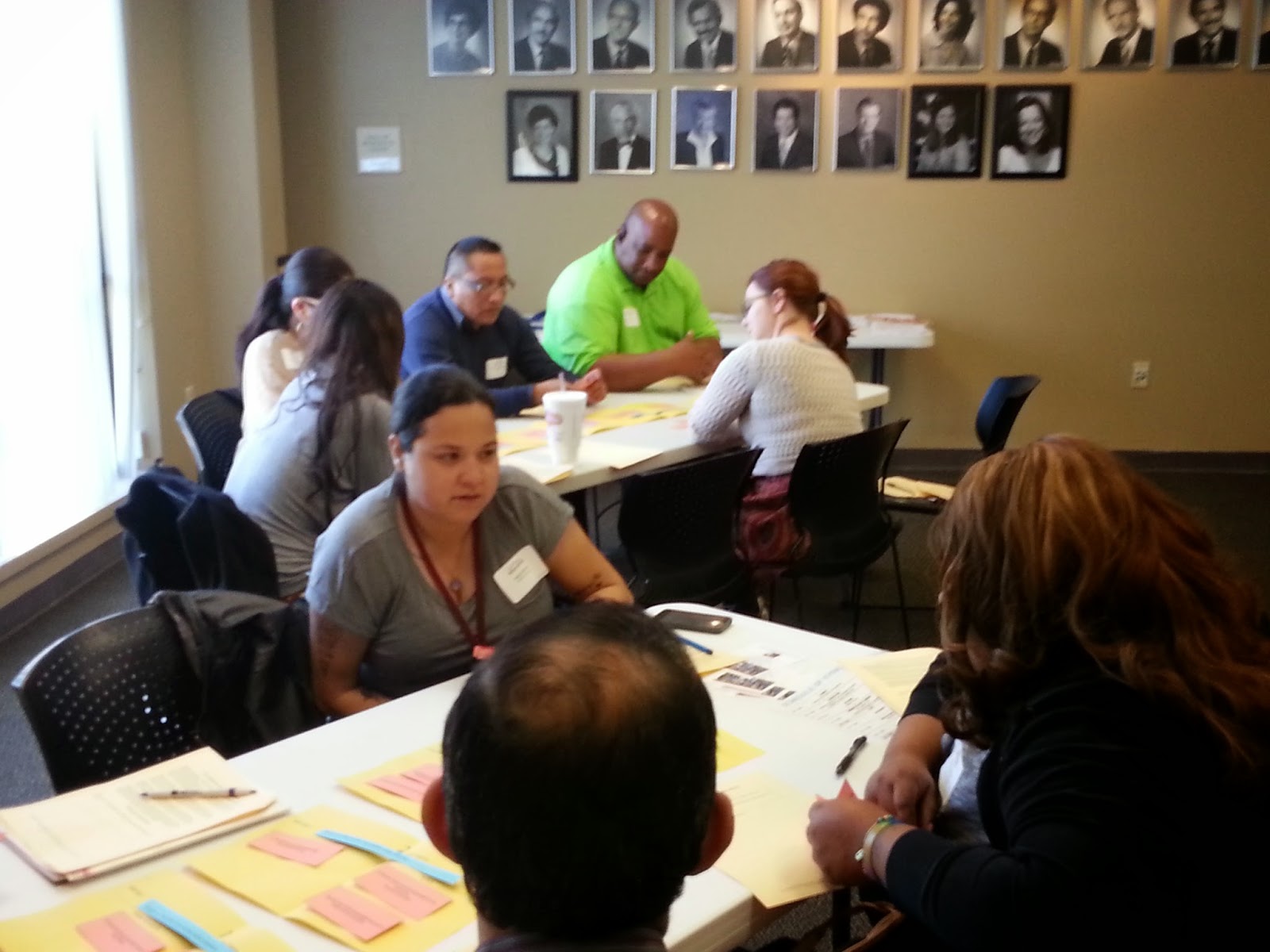Happy Birthday, César!
Remembering César Chávez's
legacy on his birthday
Remembering César Chávez's
legacy on his birthday




by James C. Harrington
Director, TCRP
Today is the birthday of César Chávez, the farm labor leader who dedicated his life to improving the wages and working conditions of agricultural workers -- one of the country's poorest and most exploited groups of laborers -- many of which are found in Texas.
Not only did Chávez lead the historic non-violent movement for farm worker rights, but he inspired thousands who never worked in agriculture to commit themselves to social, economic and environmental justice and civil rights in their own communities.

His impact is reflected in the commemorative or optional holiday designated for him in 11 states and in the parks, cultural centers, libraries, schools and many streets that carry his name in cities across Texas and the United States. In Texas, March 31 is an optional state holiday, which many community-based organizations honor.
Chávez knew well the hard life of farm laborers. He had to leave school after eighth grade to work in the fields as a migrant to support his family. Although he had limited formal education, he had impressive intellectual curiosity, read widely throughout his life and constantly educated himself.
After returning from the U.S. Navy, Chávez coordinated voter registration drives and campaigns against racial and economic discrimination; but he really wanted to build an organization to protect and serve farm workers, whose lives he had shared at a young age. So in 1962, he helped found the National Farm Workers Association, which later became the United Farm Workers of America.
The union helped achieve dignity, respect, fair wages, medical coverage, pension benefits, humane working conditions and other protections for hundreds of thousands of farm laborers -- and won the first industry-wide labor contracts in American agriculture.
Chávez believed and emplored the peaceful tactics of Mahatma Gandhi and the Rev. Martin Luther King Jr., which included fasts, boycotts, strikes and pilgrimages. People felt his love, and in turn, showed him their love. I saw this repeatedly while working with him.
When he died in 1993 at age 66, more than 50,000 people of all walks of life marched in his funeral procession under the hot sun in Delano, California.

In Texas, his impact extended far beyond the thousands of farm workers. His efforts helped to open the doors of colleges and universities for the Hispanic community and thus improved economic and political opportunities for them.
His life was not limited to a single cause or struggle. He was a unique leader who inspired individuals to work for social justice and civil rights for poor people. He did this by forging a national coalition of students, middle class consumers, trade unions, religious groups and minorities.
We do not measure Chávez's life in material terms. He never owned a house or earned more than $6,000 per year. Rather, we measure his life as a person who worked for equality, justice and dignity for all Americans and who inspired thousands of others to do the same.
We celebrate his birthday today, not just to honor him, but this should also be a day on which to re-commit ourselves to make our communities, our state and our country a better place for our children and grandchildren.

















